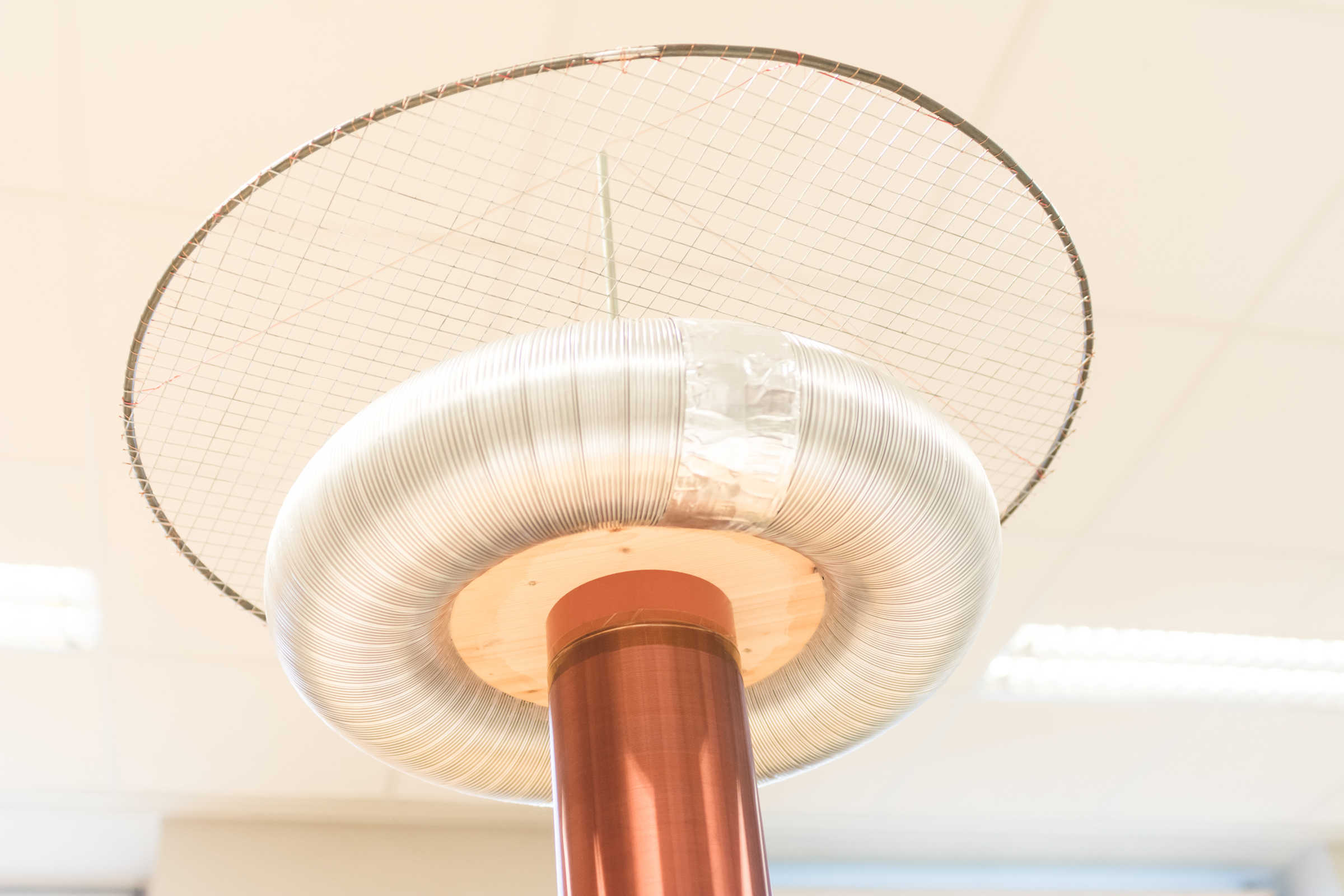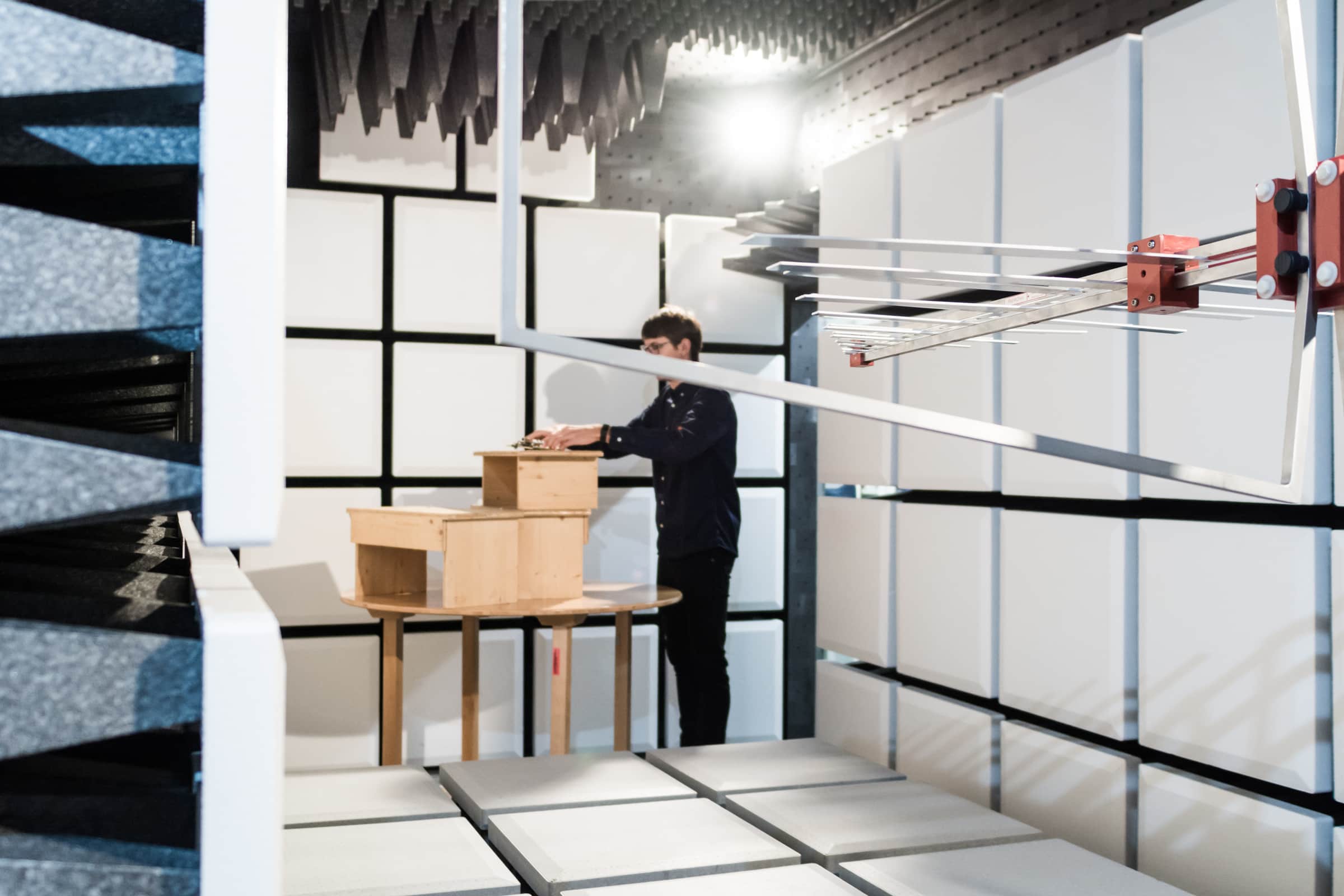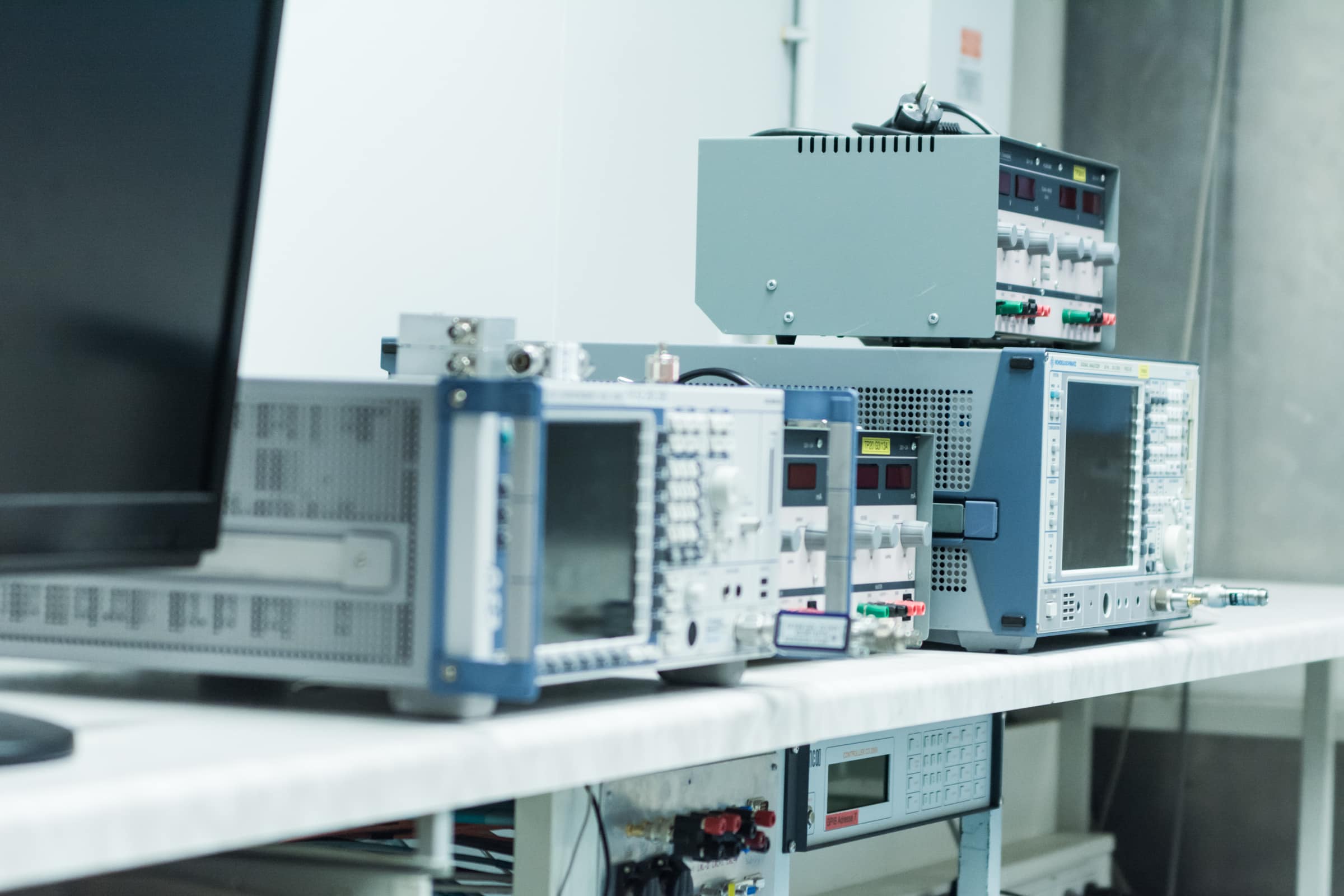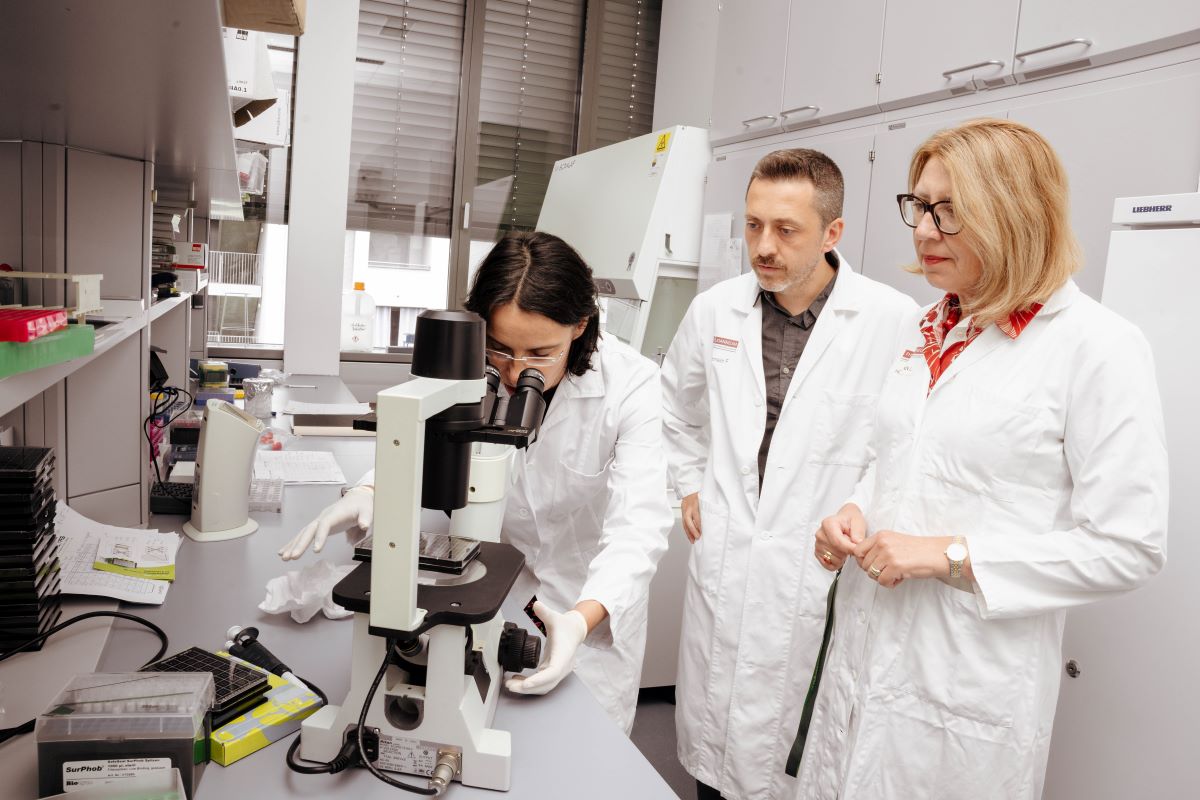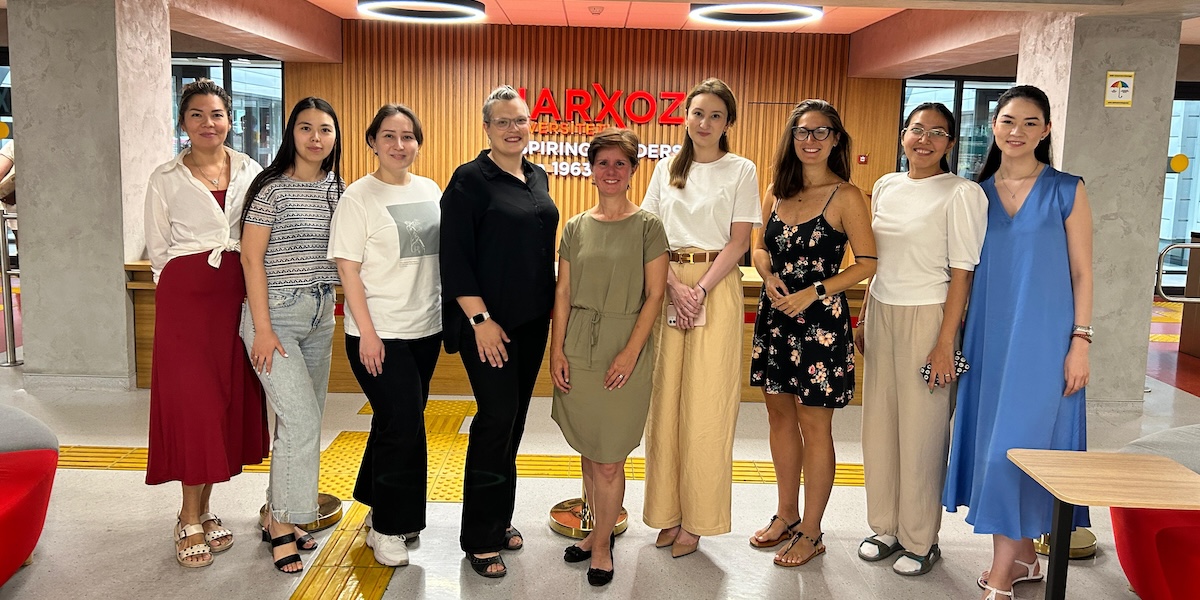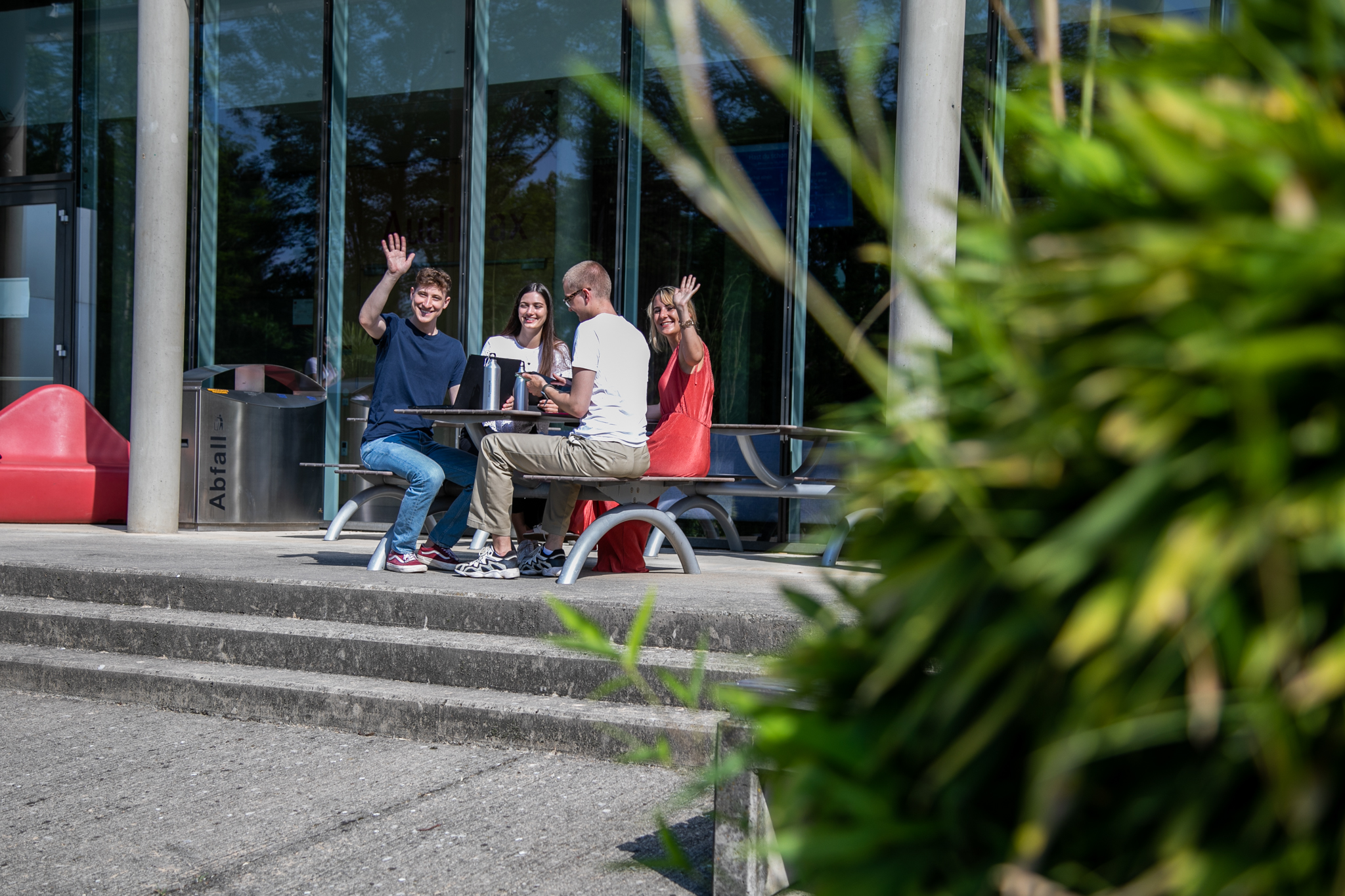“Life is like riding a bicycle. To keep your balance, you must keep moving” – A. Einstein. And so the new Master’s course in Electronics and Computer Engineering will start in the academic year of 2017/18. It has been adapted to the current Bachelor’s programme and features two new focal areas: Power Electronics and Automotive Control. Head of degree programme Hubert Berger discusses the details.
Electronics and Computer Engineering – the new Master’s starts in autumn
Nina Blasonig, 10. May 2017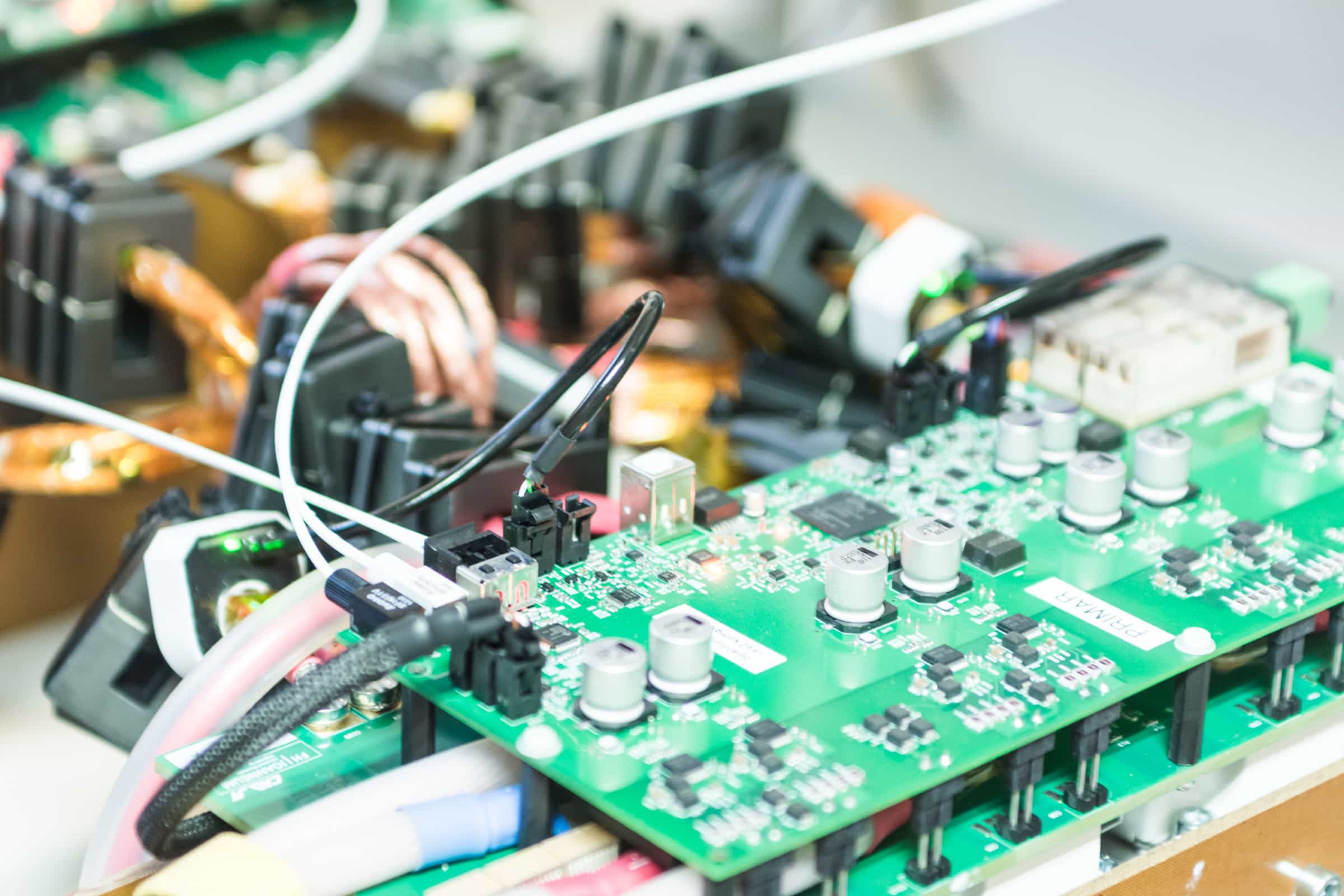
“There are several answers to the question of why we decided to adapt the old curriculum,” explains Hubert Berger, head of the Institute of Electronic Engineering. “The main reason are the rapid progress in electronics and the ever-changing demands being placed on graduates by industry. Working in cooperation with our partner firms, we have therefore developed a new programme which builds on the Bachelor’s in Electronics and Computer Engineering and also meets the requirements of industry. The important thing was to provide optimal access both for students of the Bachelor’s course and for graduates from other universities”.
Another reason is the introduction of new focal areas. Students specialising in Power Electronics focus on hardware-related issues and modern power electronics in the field of electric mobility and renewable energy, while students specialising in Automotive Control focus on embedded software for modern vehicle control systems and hardware-in-the-loop testing. This also opens up a wide range of careers, e.g. in industrial automation, electronic product development and even IT-related fields. Students can also choose to become an expert in high performance processors/FPGA platforms as their core competence.
The new and streamlined timetable makes it easier to engage in relevant employment of up to approx. 20 hours per week alongside the course. We intensively support job placements with our partner firms. “We are particularly proud of the practical orientation we offer,” Hubert Berger explains, adding “practical projects with our partner firms or at our own R&D centre, lecturers from industry and excellent job opportunities after graduation are key advantages for our students”. Gross salaries in the industry start at up to 3,000 euros, another convincing argument for choosing this Master’s course.
In order to be admitted to the new Master’s course, students are required to have completed a relevant Bachelor’s degree with min. 180 ECTS or equivalent training as well as having excellent English language skills, as the course is taught in English.
Tip
Please apply by 1 June 2017!








